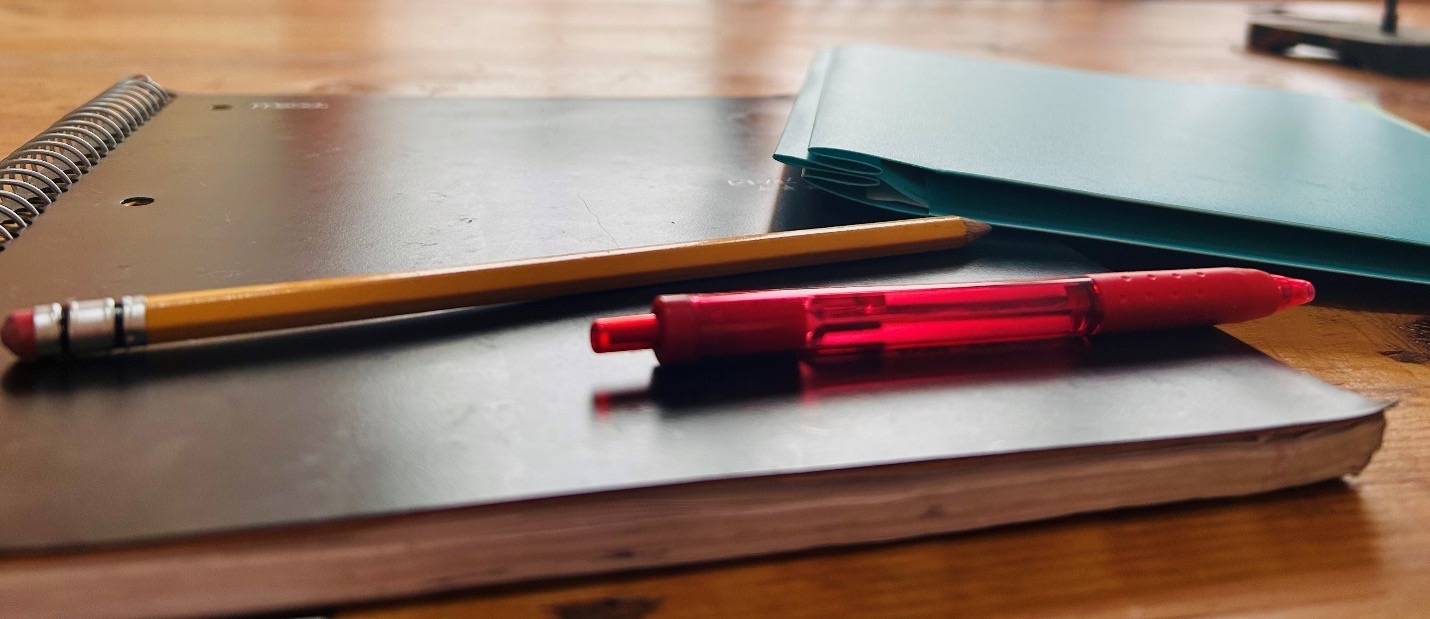4C’s Student Shares Tips on Studying
by Nora Bittar
For many students, studying is a critical part of their daily routine. Some say that studying is essential to achieve academic success, but that’s easier said than done. From managing your time correctly to remembering all the knowledge, studying can get complicated for some. Here are some tips to help you with your next study session.
Memorization
The reason why we study is to analyze and memorize information, but how do you retain so much? One method called “The retrieval practice” involves someone taking a practice test or writing down all the information they already know to determine what they should spend more time on. According to the University of San Diego, this method helps you retain information and retrieve it later on. This method allows you to accurately keep track of your progress and where you need improvement.
Another technique to memorize information is called the “Feynman Technique”. This technique, created by an American theorist Richard Feyman, takes you back to childhood. It calls for you to pretend to teach a 6th grader all the information you just learned. You essentially take out the most important pieces of information and put them in simple terms. Doing this helps you remember key elements without adding too much detail, helping you remember more.
Productivity
Some students face the habit of procrastination. While our minds may want to wander freely, we can’t learn anything new by doing that. Starting can be the hardest part, but learning how to break up your work correctly can help. This is a method that I personally use, and it’s as simple as rearranging your work order. Start off with an easier assignment or a topic you're more familiar with, this helps you progressively ease into more difficult topics. Breaking your time this way can help you feel less tired during a study session, which can help maximize your time. Getting the easier assignments out of the way allows you to dedicate more time to difficult assignments.
Another way to stay productive is by focusing on external factors. Internal thoughts aren’t the only things that can affect our studying, our environment also plays a big role in our productivity levels. Being in an environment with lots of noise and distractions can make it hard to concentrate on a single thing. Avoiding things such as your phone, loud conversations, or even the sound of the tv can make it easier to complete your work.
Time Management
Finding time to study is already a challenge for some, but knowing how to manage your time can seem impossible. Some students don’t have a lot of time, so every minute counts. Breaking your time up into increments can help you optimize your time. “The Pomodoro technique”, which was created by a university student Francesco Cirillo, is a way to maximize your time. You set a 25-minute timer and work through it until it goes off. After the timer goes off, you take a 5-minute break. After repeating this process 4 times, you take a longer break (15-30 minutes) and repeat. Instead of studying for 2 hours straight, for example, your time is probably better spent breaking it up into increments with incorporated breaks. This technique helps you stay much more energized because you pace yourself out.
Sticking to a schedule can be a very simple way for some to help organize your time. Setting aside certain days and times dedicated to studying will allow you to feel less worried about making time throughout the week. Having an organized schedule will give you a more accurate understanding of how much time you have throughout the week. According to Northwestern Medicine, they say that sticking to a schedule can result in better mental health and more time to relax.
Studying can be a crucial skill to have for some students. Learning tips and tricks on how to improve your studying habits can help students in the long run.
4C’s has a variety of free tutoring services for students. The scheduling system has changed. To book an online or in-person appointment go to your MY4C’s page and choose Navigate. Log in and follow the prompts.
Some courses have an additional resource of Supplemental Instruction (SI). An SI is a student who serves as a tutor for a specific course. If your class has an SI your professor will let you know. You will also receive an email from them.
For more tutoring information and detailed instructions visit: https://www.capecod.edu/tutoringcenter/.
For more information about SI: https://www.capecod.edu/si/
Drop-in Math Learning Center: https://www.capecod.edu/mathcenter/.
Drop-in Science Study Center: https://www.capecod.edu/sciencelab/
Drop-in Reading and Writing Center: https://www.capecod.edu/readingwriting/.
(Nora Bittar)
Categories: Featured, Student Life
